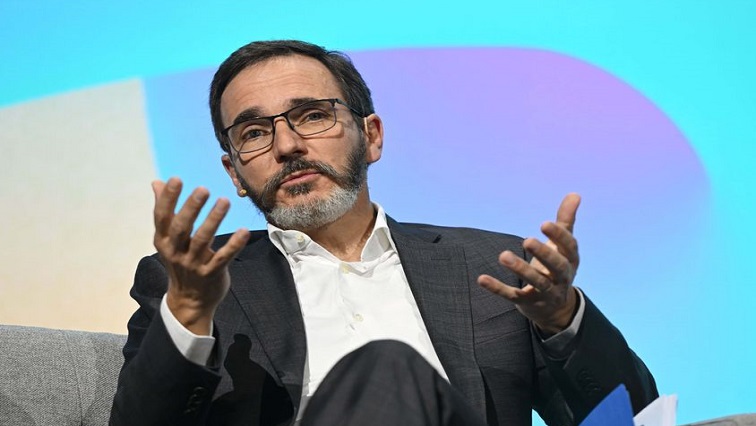South Africa’s economic growth is likely to remain weak, weighed down mostly by the electricity issue. The International Monetary Fund has revised its growth forecast on South African to 0.3% this year from 0.2% previously.
The latest adjustment can barely address the many socio-economic challenges facing the nation. It says the slight improvement is due to the resilience in services activity in the first quarter. It expects growth in the Sub-Saharan Africa region to slow to 3.5% from an earlier 3.9%.
In its World Economic Outlook, the International Monetary Fund (IMF) says the global economy continues to recover from the effects of the COVID pandemic and Russia’s invasion of Ukraine. It notes that the COVID-19 health crisis is officially over, and that supply chain disruptions have returned to pre-pandemic levels.
Global growth is projected to slow to 3% from an estimated 3.5% in last year. Downside risks to growth include the continued high inflation environment.
The report says borrowing costs for emerging markets and developing economies remain high, constraining room for spending and raising the risk of debt distress.
Chief Economist at the IMF Pierre-Olivier Gourinchas says, “There is a near term slow down that we are seeing. The slow down in growth to 3% this year, and also and 3% next year. And some of this is on the back of tightening monetary policy that is designed to cool off the economy and bring down inflation towards Central Bank targets. But if we extend the horizon and look further than that to the 4/5years out, we have these projections in the World Economic Outlook. We also see that those number remain fairly low that is more worrisome because it suggests there is slowdown in underlying productivity growth which is the key ingredient in improving the standards of living.”
The IMF says inflation is easing in most countries but remains high. Risks to inflation going forward include the those presented by climate change which could bring more extreme temperature increases, exacerbate drought conditions, and raise commodity prices. It says that the war in Ukraine could intensify, further raising food, fuel, and fertilizer prices. And the recent suspension of the Black Sea Grain Initiative is also a concern.
Gourinchas explains, “It is very clear that the Black Sea Grain Initiative was very instrumental in making sure that there would be ample grain supply to the world in the last year, and the estimates are about 33 million tons of grains that was shipped from Ukraine to the rest of the world. It helped keep price pressures on food and grain price lower. Now that this grain deal has been suspended, we can expect it to work in reverse. It’s likely to put upward pressure on food prices and we have some estimates that about how much of the supplies is going to be withdrawn. We are thinking somewhere in the range of 10 – 15% increases in the price of grains is a reasonable estimate.”
The IMF says the high interest rates have helped bring down inflation. It says if monetary policy had not been tightening the way central banks had raised rates in the past year, inflation would not be where it is now.
In South Africa, the Reserve Bank hiked rates by a cumulative 475 basis points in the past 2 years, seeing inflation easing from the peak of 7.8% in July of last year to within the central bank’s target at 5.4% this June.-Report compiled by Glorious Sefako-Musi and Tshepo Mongoai






